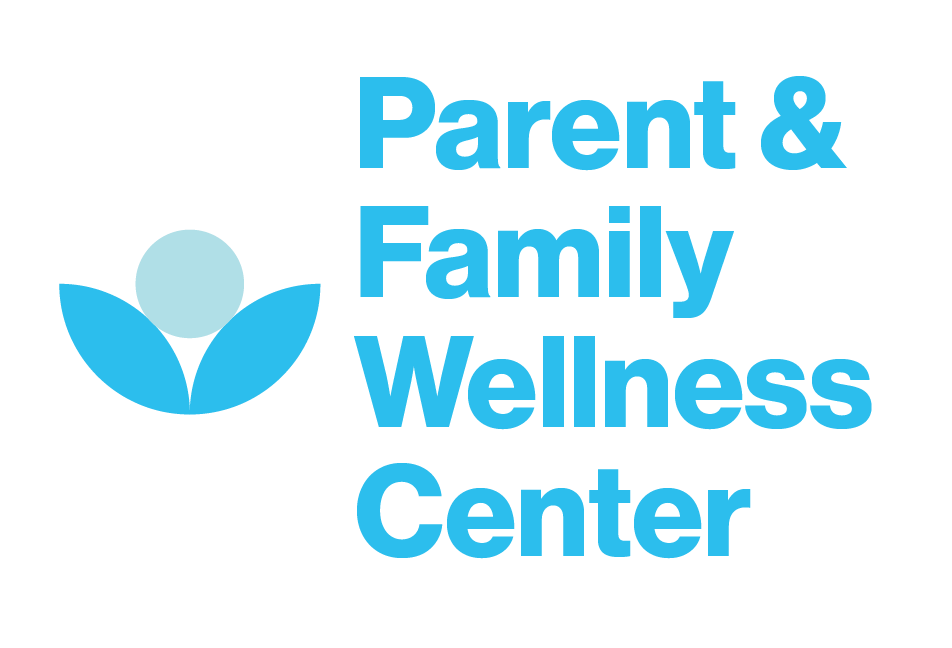Adoption & Third Party Reproduction
A majority of families in the United States do not represent the “traditional family” ideology. In addition to “blended” or “step” family systems, adoption and third party reproduction (TPR) have become well-woven into our understanding of how families are made. Increasingly, people are embracing the evolution of medical technology and embryo or gamete donation to achieve their reproduction goals; and adoption remains a profound and complex experience for many people in our society. Adoption and TPR are not one-time events, they are lifelong processes. We understand the various expectations, successes, and joys that come with adoption and TPR; and we are equally attuned to the distinctive layers of complexity in identity, parenting, and family systems for people in adoption and TPR. We recognize the shared aspects of experience in adoption and TPR as well as the distinctions between the two. We strive to offer an inclusive and supportive environment that honors the unique ways adoption and TPR influence life for adopted people, birth/first parents, adoptive parents, donor-conceived people, embryo and gamete donors, gestational carriers/surrogates, and parents by TPR. We’re here for you at any point along your journey.
Adoption
Adoption begins with loss. It is not what happens when things go according to plan, and it complicates identity and roles for all people in the adoption triad. Adoption takes many forms; it involves multiple family systems; and it contains issues of culture, race, and class. The adoption experience can often feel like it is full of confusing contradictions, because your actual lived experience of adoption might not match up with our society’s narratives or your personal expectations about adoption. By honoring these truths and complexities in the adoption experience, we are able to supportively and holistically engage all people in the adoption constellation along their journeys toward emotional wellness and secure bonds.
Third Party Reproduction
Third party reproduction is the use of donated sperm, egg, or embryos and/or a gestational carrier. It has become an increasingly utilized way to have children for people who experience infertility, choose single parenthood, or are in same-sex partnerships; and it also has an impact on the lives of donors and gestational carriers. The decision to use or participate in TPR is a deeply personal one, and how it takes shape varies widely. Similar to adoption, TPR is layered with complexities of identity, roles, and family constellations; and it may also contain contradictions because your lived experience in TPR might not match up with our society’s narratives or your personal expectations about it. For these reasons, it can be hard to find the support you need to navigate your process. Our holistic understanding of contemporary families challenges TPR myths, stigma, and secrecy so you and your family can deepen your connections and achieve wellness.
More Information
Modern Families: Stories of Extraordinary Journeys to Kinship by Josh Gamson
Queering Reproduction by Laura Mamo
What Makes a Baby by Silverberg and Smyth
Twenty Things Adopted Kids Wish Their Adoptive Parents Knew by Sherrie Eldridge
Journey of the Adopted Self: a Quest for Wholeness by Betty Jean Lifton
Birthright: the Guide to Search and Reunion by Jean Strauss
Inside Transracial Adoption by Steinberg and Hall
The Post-Adoption Blues by Karen J. Foli
Growing Up Again: Parenting Ourselves, Parenting Our Children by Clark and Dawson
“Postpartum Depression” in Adoptive Parents

